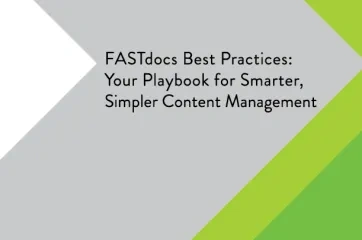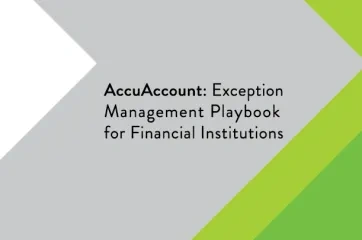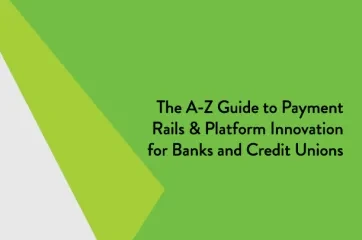What is OFAC in Banking?
OFAC (Office of Foreign Assets Control) is a part of the U.S. Department of the Treasury that enforces sanctions against entities and individuals engaged in activities that threaten the nation’s security, economy, or foreign policy. Among other things, OFAC is concerned with preventing foreign individuals, entities, or countries that engage in terrorism, money laundering, and other illicit acts from establishing accounts at American banks. OFAC maintains several sanctions lists of such people, organizations, and nations.
Bankers can learn more about OFAC on the following webpages:
- Office of Foreign Assets Control – Sanctions Programs and Information
- BSA/AML Manual, Office of Foreign Assets Control
Up-Front OFAC Due Diligence
To ensure OFAC compliance, U.S. financial institutions check new consumer and commercial accounts against OFAC’s lists. Banks and credit unions often use a Customer Identification Profile (CIP) form (commonly generated by the institution’s document preparation software) to collect information on the applicant, such as name, date of birth, and driver’s license number. The data collected in the CIP is important for running a check against OFAC’s lists.
Many banks and credit unions use a third-party software application to check for any issues. If the database flags the applicant’s name, the financial institution has an obligation to perform additional research and due diligence to see if the person referenced in the OFAC list is, in fact, the same as the individual applying for the account. If there is no match, then an account may be established.
Ongoing OFAC Compliance
Account opening is not the only time that OFAC checks are performed. Banks and credit unions continue to monitor established accounts using an automated program that compares the OFAC sanctions lists against their core system on a predefined basis. If, after researching a hit, a genuine match appears between an existing account holder and a name on an OFAC sanctions list, the bank may need to take immediate action to block the account(s) and other property of the individual, entity, or country.
Enhancing OFAC Compliance through Technology
Financial institutions are increasingly turning to account management systems and imaging systems to save time and storage space, including when it comes to managing OFAC documentation. For example, banks and credit unions might scan completed CIP forms into an imaging system like AccuAccount for easy retrieval and storage. They could also add comments or scan investigation details after researching a potential OFAC list match and ruling it out. This provides additional clarity so bankers can see the notation that it has already been investigated.
Account Management Resources
For more information about account management in the banking industry, be sure to check out our extensive resource library with free spreadsheets, whitepapers, and eBooks.
Browse our banking definitions page for more terminology.







